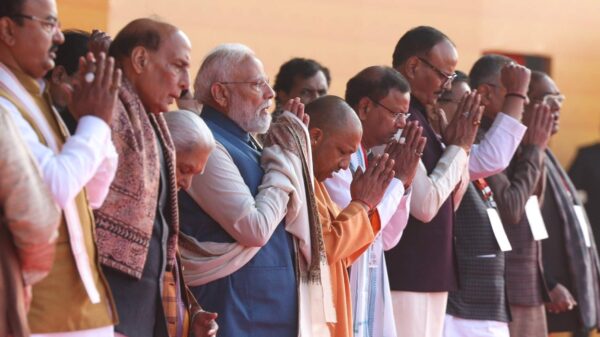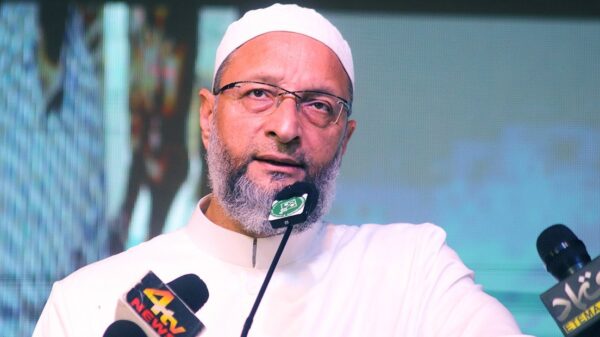Asaduddin Owaisi, the chief of All India Majlis-E-Ittehadul Muslimeen (AIMIM), has filed a petition in the Supreme Court seeking to halt the implementation of the Citizenship Amendment Act (CAA), 2019.
In his plea, Owaisi argues that the government should not process any applications for the grant of citizenship status under Section 6B of the Citizenship Act,1955 (as amended by the Citizenship (Amendment) Act, 2019) during the ongoing legal proceedings.
The CAA, passed by Parliament in December 2019, aims to expedite citizenship for non-Muslim refugees fleeing religious persecution from Pakistan, Bangladesh, and Afghanistan before December 31, 2014. However, rules for its implementation were recently issued by the Union government, prompting criticism from various quarters.
More than two hundred connected petitions challenging different provisions of the CAA have been filed in the Supreme Court since 2019. These petitions are scheduled to be heard on March 19.
Critics, including Owaisi, argue that the CAA violates constitutional principles by discriminating on religious grounds. They assert that the law undermines India’s secular fabric by excluding Muslims from its ambit.
Owaisi contends that laws based on religious identity are unconstitutional, citing previous Supreme Court judgments. He maintains that the CAA contradicts the Right to Equality enshrined in the Constitution.
Despite opposition, the Centre defends the CAA, emphasizing that it is intended to grant citizenship and will not lead to any citizen losing their status. Union Home Minister Amit Shah has reiterated the government’s commitment to the CAA, stating that it will not be revoked.



































































